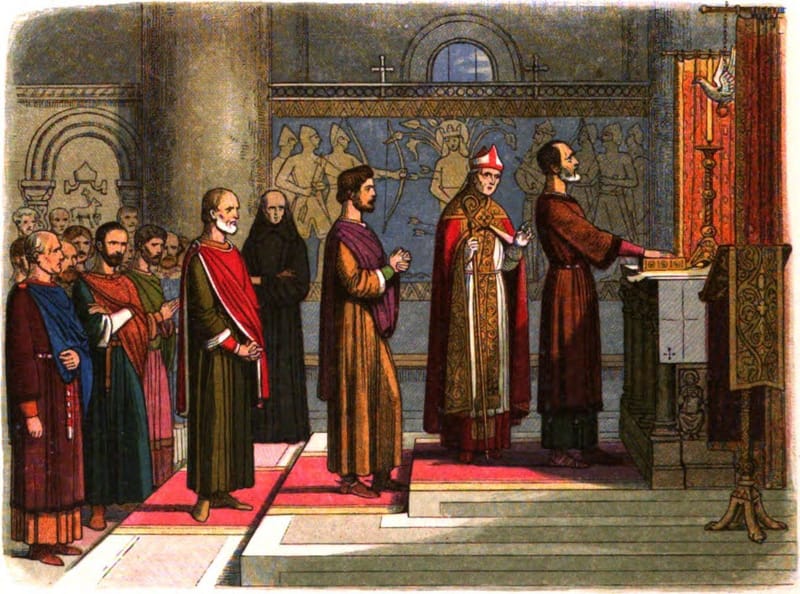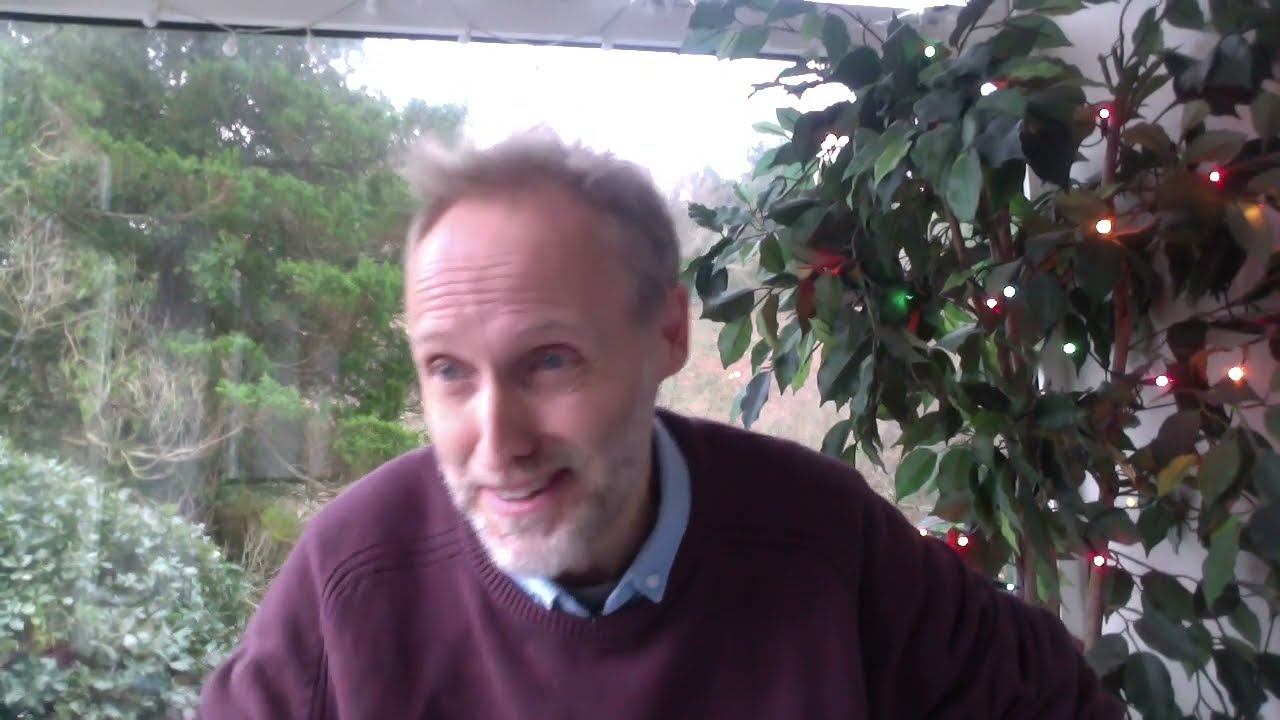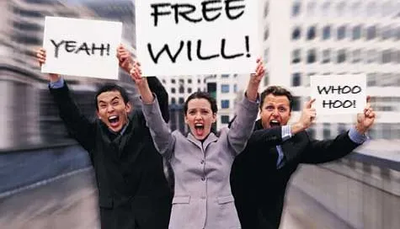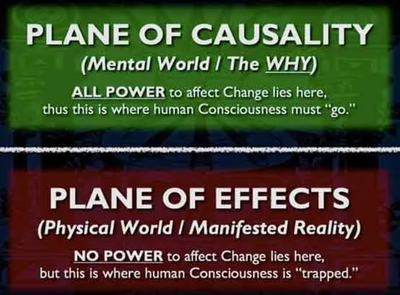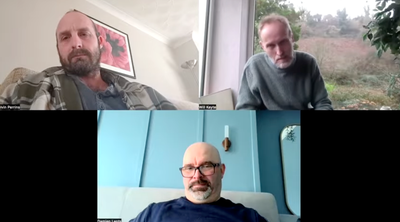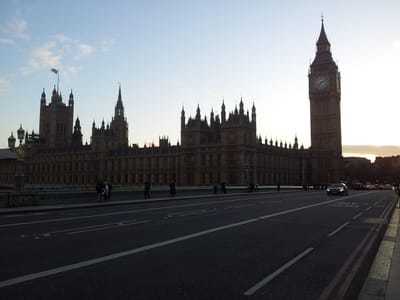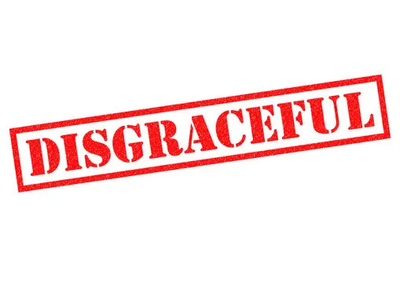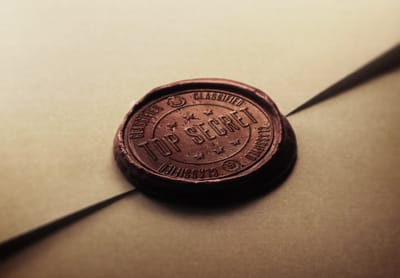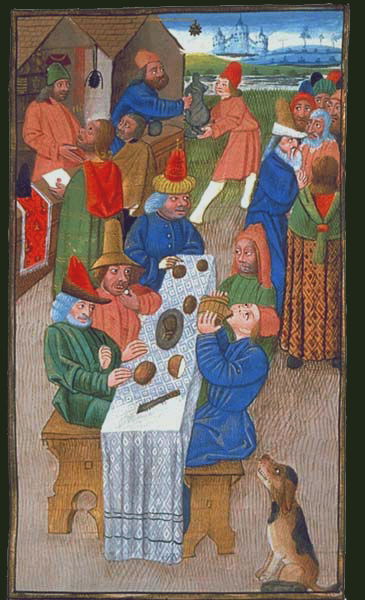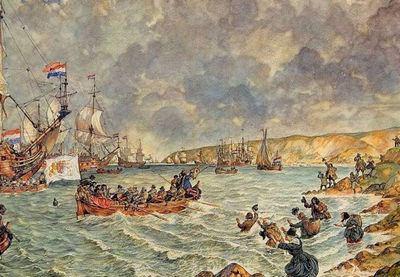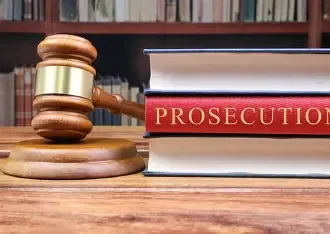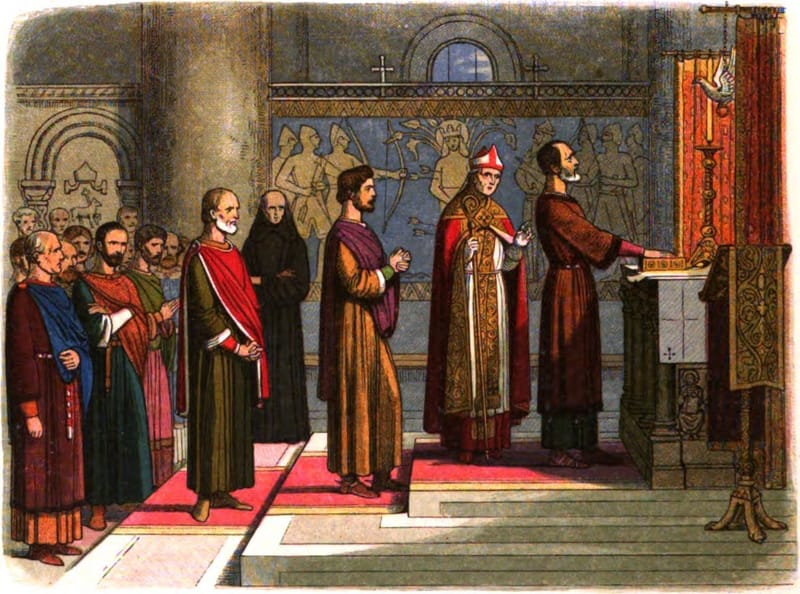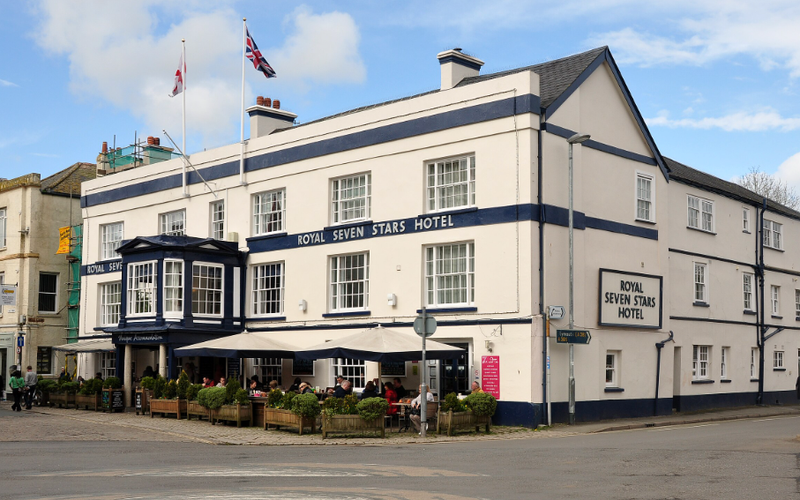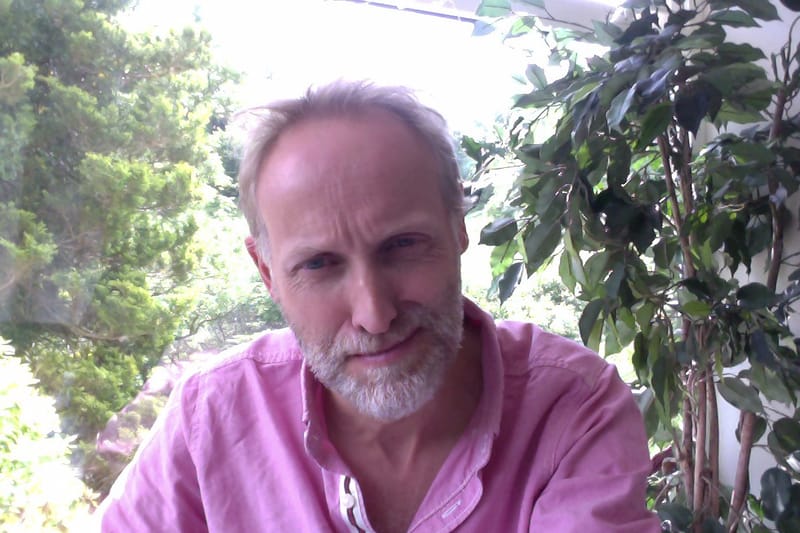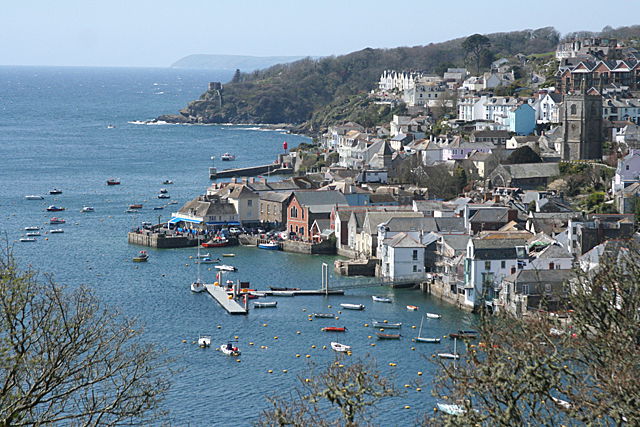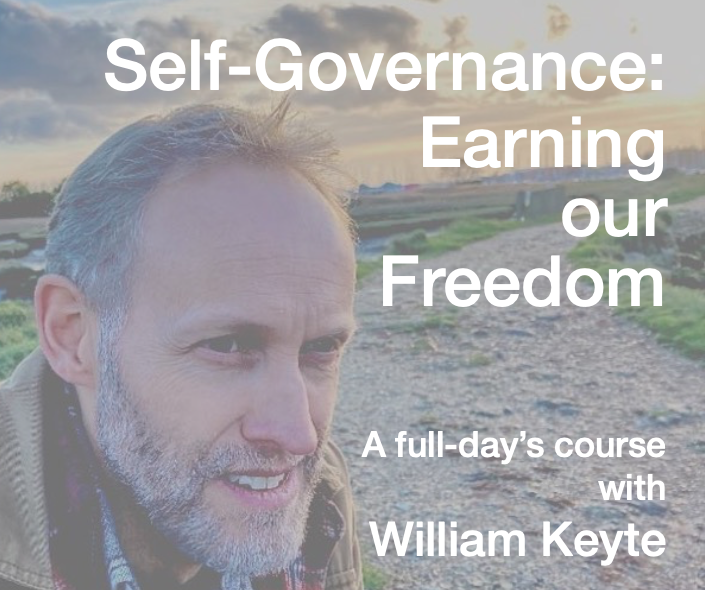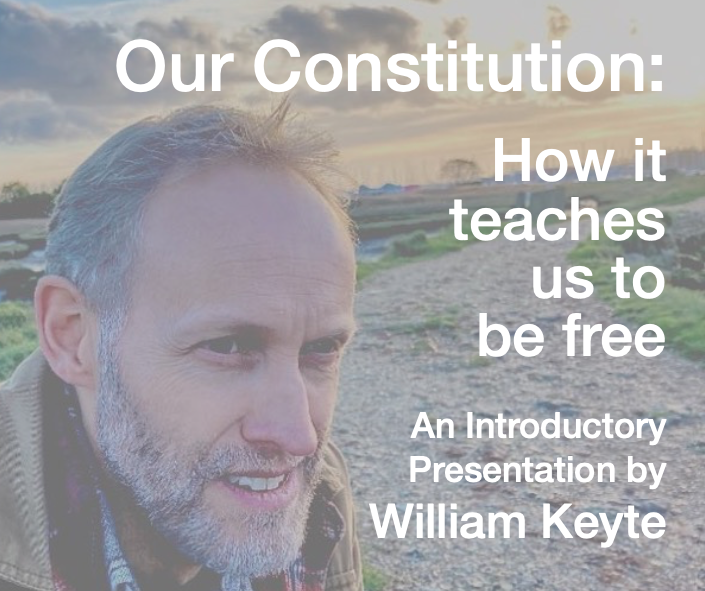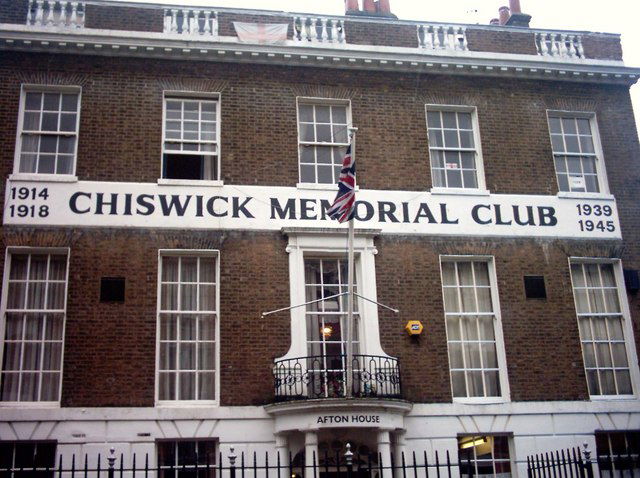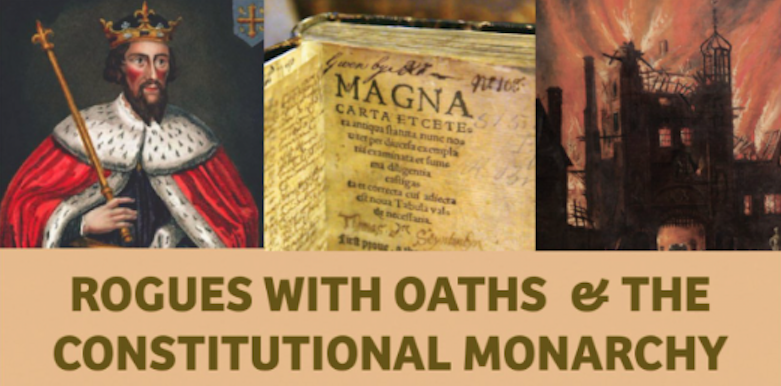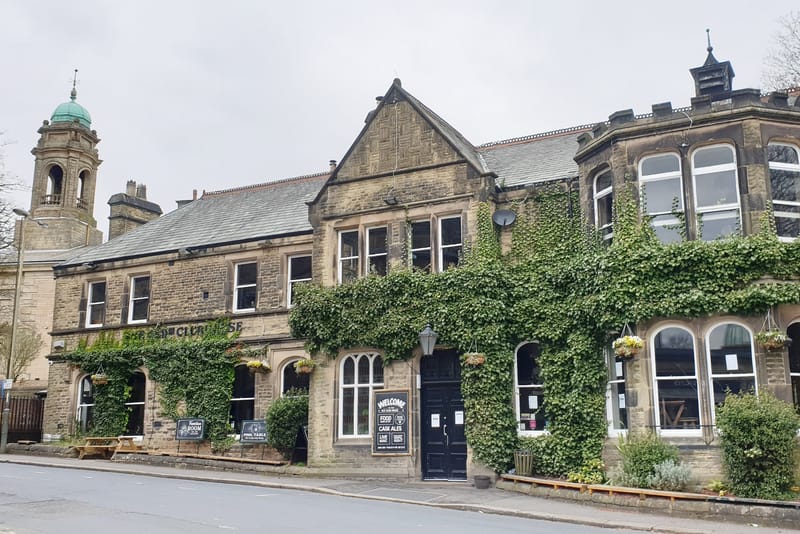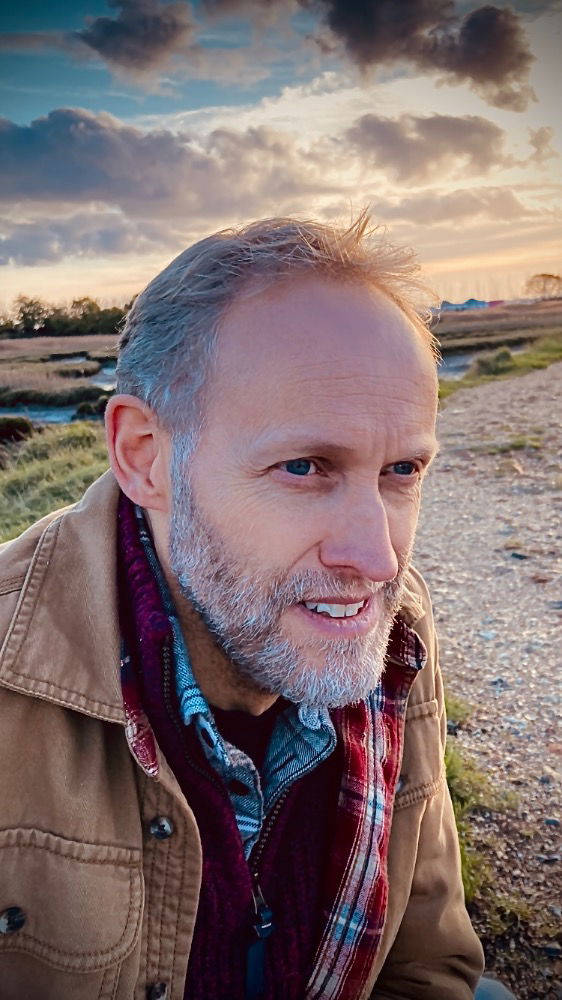We are governed by natural law. No matter how we feel about that there is nothing we can do to avoid behavioral consequence. Therefore, natural law is the deterministic component of our existence.
Read MoreCommon Law Constitution . Org
The People Govern their Country through the Jury
Please also visit www.LawAndAlchemy.org for information on Natural Law and the esoteric foundations of our Constitution
The Dangers of Denying the Constitution
This was ignored nearly a year ago - But it's not too late... yet
Will people please now watch and share enthusiastically and begin discussions about these issues! This is about educating the public generally on the critical importance of Trial by Jury as the central pillar of our constitution. The government is breaking Constitutional Law when it, itself, makes moves to remove Trial by Jury.
Create your own webpage, start a facebook group dedicated to this concern. Get busy on social media, write to your MP. Most importantly, pressure the larger platforms even in the freedom movement to cover these matters.
About the Campaign
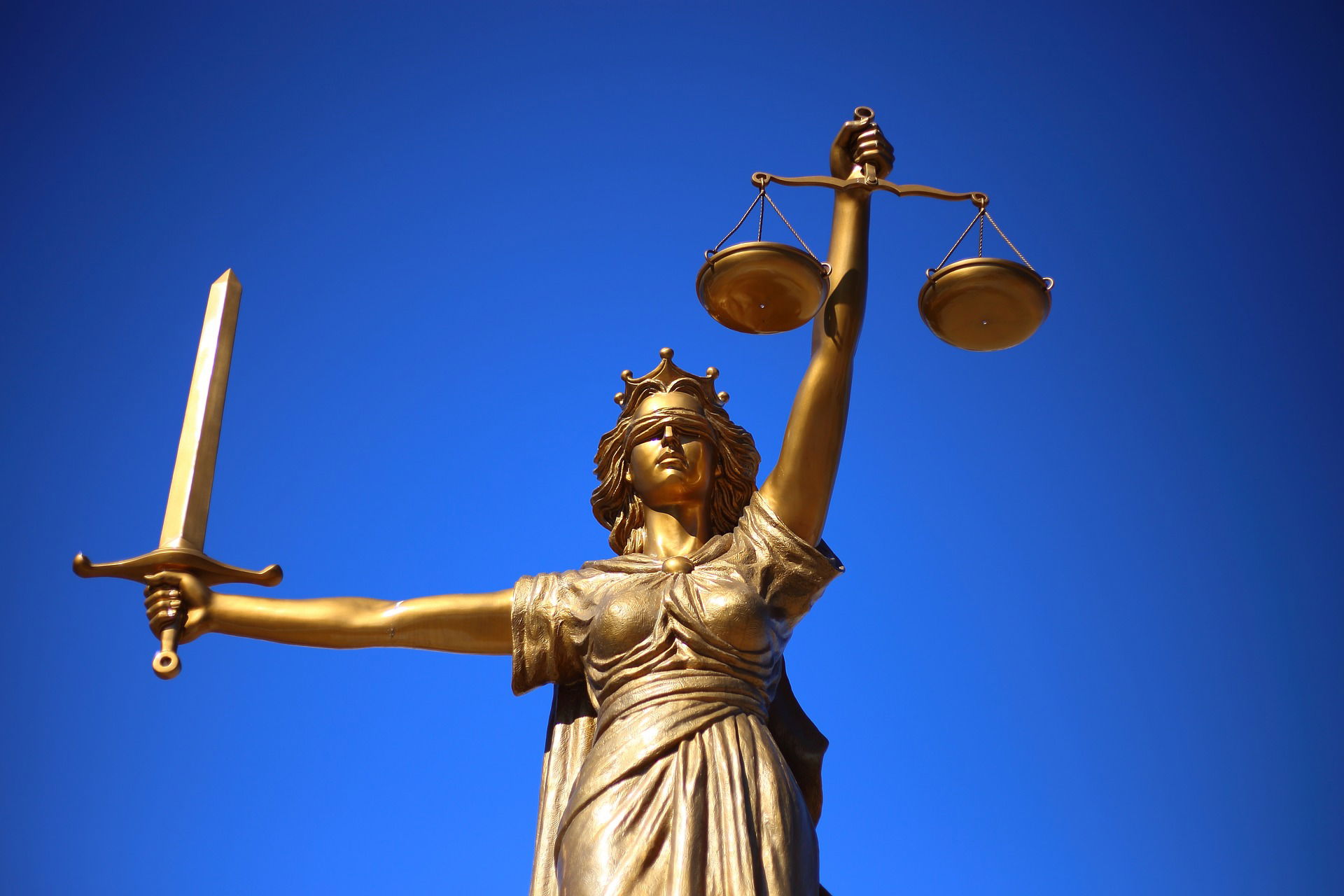
For the esoteric information that underpins our Constitution, please visit our website...
www.LawAndAlchemy.org
Welcome! Please read the following six paragraphs. It's vital information.
The education campaign CommonLawConstitution.org is primarily concerned with the re-exposure and uncovering of some deeply hidden information about constitutions that are based on ancient Common Law (not what is often confused with Case Law, or judge-made law!)
The only Constitutions (or governing systems) in the world that are legitimate are those that are aligned with Natural Universal Law, which would require basing it upon that ancient customary Common Law called (in Latin) Legem Terrae. The legitimacy of these constitutions comes from the fact that they recognise that a man's rights are naturally existing and inherent. That means that governments that are formed under that constitutional arrangement are fundamentally limited and there are no conditions by which those rights can be removed or limited by the government - only by the consciences of other citizens. (In a jury). Clearly that is not functioning correctly like that now!
The British people have largely ignored or even avoided this information in the past and appear not to realise that the knowledge of this concealed information would provide them with not only the antidote to the current condition of criminal government overreach and the loss of our liberties, but would also propel the people onto a speedier course of evolution and lead humanity towards a more enlightened future.
Over generations, the people (the citizenry), largely through ignorance, have stood by and allowed this Constitutional Rule of Law to become distorted, and, for this reason, this campaign is not going to provide quick solutions (there are none). Those that work in government and 'the system' are just an extension of the broader citizenry and like most in society hold self-destructive beliefs that have (through generations) brought about a centrally-controlled collectivist government that is nothing more than an inversion of what the genuine Constitution in 1215 was trying to frame.
However, if sufficient numbers in society were to learn and embrace this information, the resulting potential pressure for change that would be brought to bare on the governing structures of our society would be enormous and would allow that process of self-correction to begin. The English Constitution, ultimately, is a framework of principles that helps bring about an Individualist society and, therefore a community that is in alignment with the way that the Natural Order (reality) functions (based on Individual Rights). It places the people in authority over their own 'government' at all times, every day and not just every few years at an election! In fact—this means that government ceases to be a government at all!
Through the material on this platform, you will learn about things like:
- The limits of government power
- How the people get to judge government-created law (legislation)
- How the people are the highest law council of the land
- The Monarch is meant to be the highest-ranking public servant and has serious duties to perform!
- The Monarch is supposed to block any legislation from parliament that would reduce your freedoms
- The effect of deepening consciousness when enacting the constitution
Get up to speed with this information and it will empower you. Display individual responsibility by educating and teaching others around you and things will begin to change—but that desired change will occur only if we do these things.
Our Common Law Constitution
Our Common Law Constitution
https://www.commonlawconstitution.org/resources/the-occulted-powers-of-the-british-constitution

News and Thoughts
Last night and this morning, a couple of us engaged in conversation a gentleman (I will call ‘J’) about Constitutional matters and the state of things currently...
Read MoreSo, humanity has to move its consciousness to the plane of causality, the realm of ‘why’. ‘Why’ are we in chaos and being coerced by tyrannical institutions? All power to effect change is in the plane of causality. The manifested reality, or the effects that society is enduring, is a result of the prime causes.
Read MoreWe need to trust our fellow men within the process of Trial by Jury—for there is more present in that room than just the Twelve
Read MoreA discussion about some of the most critical subjects facing us right now
Read MoreA Time of Desperation
Read MoreIf we know that the Trial by Jury is the bulwark, the cornerstone, the foundation of our criminal justice system, a ‘little parliament’, ‘the lamp which shows that freedom lives’, a protection against unjust legislation — how can it be lawful for the state to legislate to remove or restrict it?
Read More"I’ve been blocked by many “truthers” on X simply for pointing out the dynamics that govern our reality and why our Constitution is legitimate. Their counter arguments confirmed to me that they have no intention of addressing causal factors but wish to remain in a loop of hopelessness, attention seeking, distraction and endless waffle disguised as altruism. Is there any help for people that choose to ignore the dynamics of reality? Is it a case of unchecked ego or is it something else?"
Read MoreAn invitation to lawyers and public servants to have a discussion about Constitutional qualms you may be having as a result of the furore about Trial by Jury
Read MoreApologies for the short notice. This coming Saturday (20th) 10am Sea Shanty, Branscombe Beach. Join us!
Read MoreAfter the last video and after further research, we felt we needed to do a second part to focus on some remarkable finds, including an orchestrated plan to infilitrate and weaken Jame's army from within
Read MoreImagine how much of the nation’s spirit could be lifted if people were empowered with the knowledge that the Constitution, of which the King swore to uphold and protect (the law of the land trial by jury), not only emplaces the people as the final arbiter of law in jury independence but also, because of equity, anyone can place evidence of crimes, which includes crimes of government, before a jury of peers?
Read MoreResources
Events
THIS COURSE IS NOW FULL Single evening 2-hour courses on separate aspects of Constitutional Law - or join all three:
Our Evolution: Understanding Individual Rights and Living Accordingly - 15th September - Totnes A full-day Course with Will in person - Between 5 and 6 hours of material
First online course - Dates and times published
A Presentation by William Keyte • 27th April • 2-4 pm includes Q and A and Discussion • £10 Cash only at the door
Natural Law, Consciousness and Self-Governance
Tuesday, 14 November 2023, 7 pm Kewstoke Village Hall Donations welcome
A full-day course with William Keyte on Natural Law, Consciousness and Self-Governance Saturday, 21 October 2023, 11 am - 5.30 pm Chiswick Memorial Club, Bourne Place, Chiswick, London, W4 2EL £20 https://www.eventbrite.co.uk/e/self-governance-earning-our-freedom-tickets-732387931017?aff=oddtdtcreator
Will is delighted to be speaking at Dan Astin-Gregory's Camp-Out 2023 Event at Braziers Park, Oxfordshire.
1. Mechanics of the Constitution and the Human Challenge of Morality: William Keyte 2. The Great Fire of London: A Power Plot that Removed Legal Freedoms: Gloria Moss
A full-day course with William Keyte Saturday, 24 June 2023 - 10 am - 5 pm The Club House Buxton
Talk by William Keyte on our Constitution and Natural Law.
Winchester Declaration
Winchester Declaration
The Winchester Declaration - 19th November 2016
Linked Organisations and Supporters
Contact Us
- lawandalchemy@mail.com
- Brief & Relevant Emails only please
